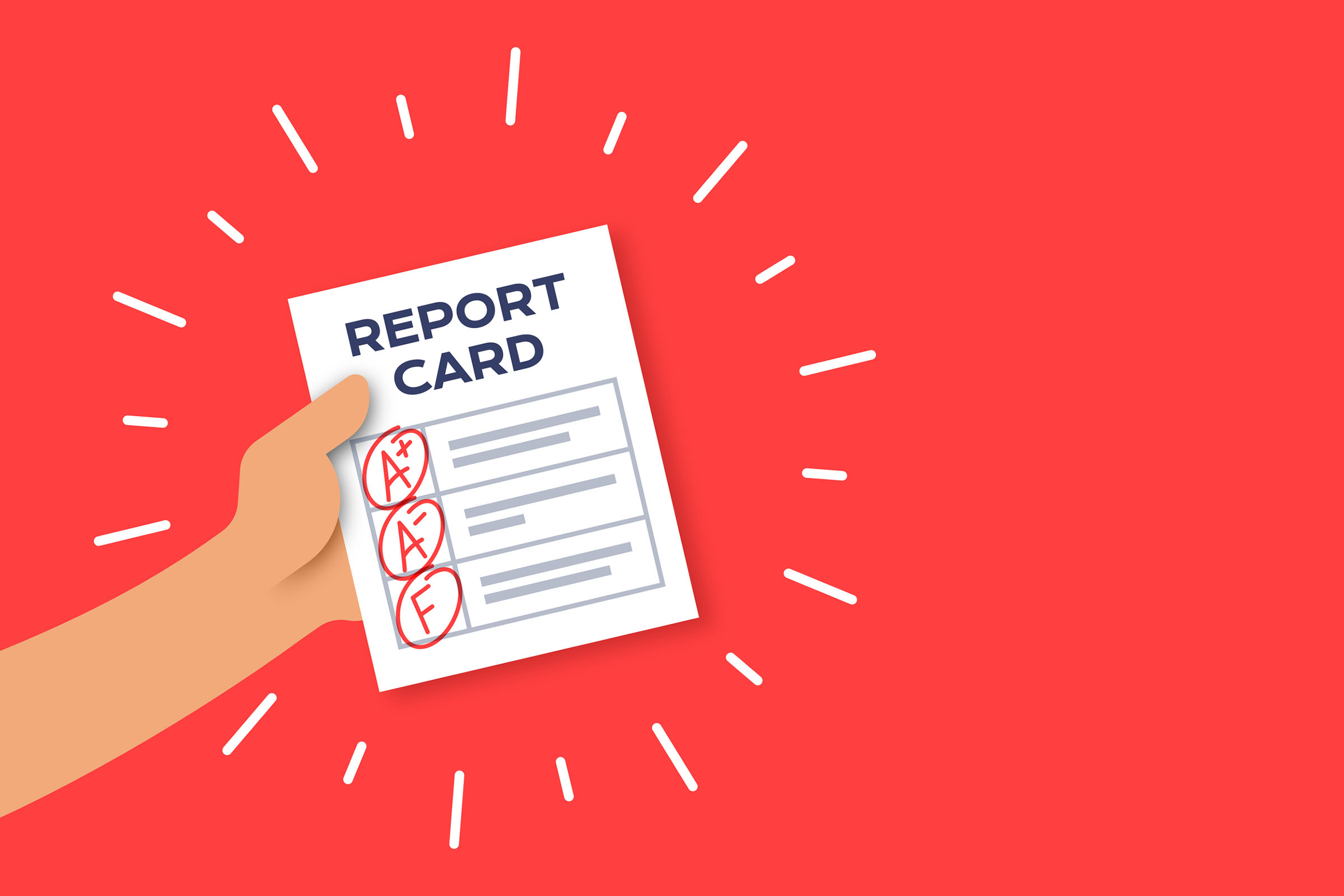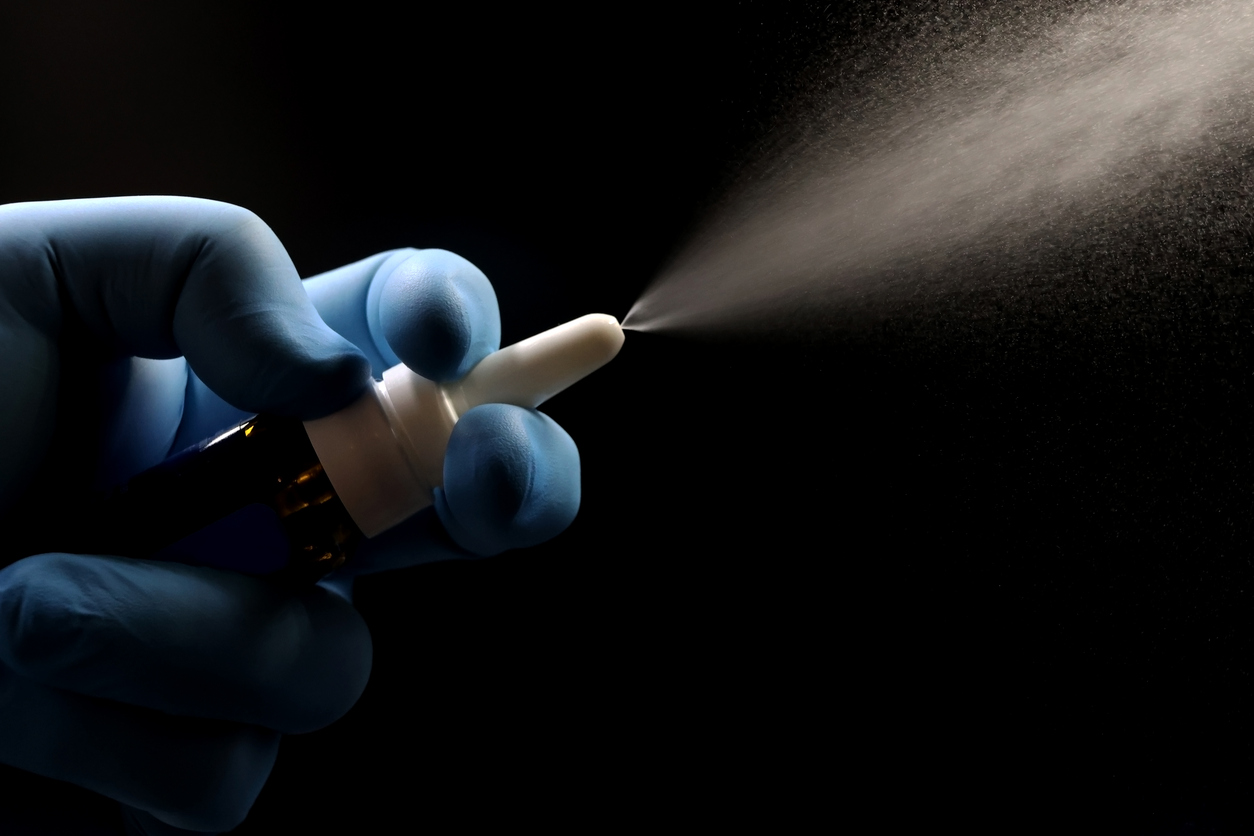It’s considered one of the most disastrous German acquisitions since the occupation of Stalingrad in World War 2: Bayer’s takeover of Monsanto, makers of the herbicide glyphosate, and “Roundup-ready” genetically modified seed. The $63 billion-dollar acquisition has threatened the very existence of the venerable pharmaceutical firm that ushered in the modern pharmaceutical era 157 years ago with the introduction of the first blockbuster patent medicine: Bayer aspirin.
Bayer’s big headache is the result of 42,000 lawsuits alleging harm from glyphosate. Recently, Bayer blinked during pretrial hearings and is instead proposing a $10 billion settlement to satisfy current and future plaintiffs.
The slam-dunk legal theory is that glyphosate exposure ups chances of non-Hodgkin lymphoma, which a recent study confirms.
Full disclosure: I’m a (former) user of Roundup. Fifteen years ago, in my obsessive quest for a pristine driveway, I would forego the arduous task of pulling weeds from amidst the sparkling white gravel; instead, I toted a container of Roundup, directing the spray nozzle toward errant dandelions.
Gratifyingly, in a day or so, the weeds would wilt and die. Sure, I exercised precautions and washed my hands thoroughly. I knew it was a potentially toxic chemical, but it sure was convenient. I soon abandoned the practice when I learned of glyphosate’s harmful effects, especially when some vulnerable toddlers became frequent visitors.
But what if Roundup doesn’t give you cancer? Most of the plaintiffs in the Bayer lawsuits are professional landscapers, groundskeepers or farmers whose long-term daily exposure to Roundup was astronomical. Isn’t a little glyphosate relatively benign?
Bayer would have you believe so. While arranging a payout to cancer victims, their website maintains:
“There is an extensive body of research on glyphosate and Bayer’s glyphosate-based herbicides, including more than 800 rigorous studies submitted to the U.S. Environmental Protection Agency (EPA), and European and other regulators in connection with the registration process, which confirms these products can be used safely and that glyphosate is not carcinogenic.” (Source)
That’s their story and they’re sticking to it! Paradoxically, Roundup will remain on hardware store shelves. And many farmers swear by it.
So, should we worry? Even if you don’t use Roundup, you’re being exposed to it. Epidemiological surveys show that trace amounts of glyphosate are found in blood, urine, even breast milk of virtually everyone in the U.S. Even if you eschew GMO crops and determinedly eat organic, it’s sufficiently infiltrated our soil and water supplies to show up in our bodies.
A recent study shows why we should be concerned. Entitled “Glyphosate and Roundup Proven to Disrupt Gut Microbiome by Inhibiting Shikimate Pathway,” the researchers demonstrate that rats fed “regulatory permitted and presumed safe levels of glyphosate” experienced damage to the delicate balance of bacteria that populate their intestines. This is the result, not of direct harm to mammalian tissue, but rather to targeting of the Shikimate pathway of bacterial metabolism.
It’s the law of unintended consequences writ large. While Roundup doesn’t directly damage mammalian cells in low doses—and hence studies deemed it “safe” for humans—it’s an herbicide. And bacteria and weeds share in common a Shikimate pathway vulnerable to glyphosate’s effects.
That message was brought home to me when I was spraying my driveway. As carefully as I tried to direct the Roundup nozzle at the culprit weeds, invariably a small mist of spray would find its way to my adjacent grass lawn. The result was collateral damage—an unsightly bald patch of dead grass. The stuff is powerful and its effects difficult to contain to its intended targets. And its half-life—the time it takes to break down by 50%—is two to four years.
The consequences of disruption of the intestinal microbiome can be as varied as fatty liver, metabolic obesity, ulcerative colitis, even neurological disease.
Credit for prescience on this account must be given to the redoubtable Dr. Stephanie Seneff, who envisioned these problems with glyphosate as early as 2015. You can listen to my podcast with her here. In a landmark paper, Seneff highlights the seeming paradox of increasing rates of celiac disease and gluten intolerance. Why have humans consumed wheat for millennia without apparent harm, yet statistics confirm soaring incidence of wheat-related problems in recent decades? Her thesis:
“Here, we propose that glyphosate, the active ingredient in the herbicide, Roundup®, is the most important causal factor in this epidemic . . . Glyphosate, patented as an antimicrobial, has been shown to disrupt gut bacteria in animals, preferentially killing beneficial forms and causing an overgrowth of pathogens . . . In this paper, we have systematically shown how all of these features of celiac disease can be explained by glyphosate’s known properties.”
In light of mounting concerns over liability and emerging evidence that Roundup is harmful to soil quality, human health and wildlife, its days are numbered. Besides, it’s becoming less effective against weeds, as glyphosate resistance emerges, perversely prompting the use of heavier doses of glyphosate as well as other dangerous herbicides.
I saw a guy in a hardware store this summer. He looked like a grizzled ex-biker, wearing a torn muscle shirt, floppy Bermuda shorts, and flip flops. Definitely a do-it-yourselfer. He strode to the checkout counter and plopped down a gallon container of Roundup. I couldn’t resist cheerily saying to him: “Get it while you can!” He shot me a quizzical look.
What’s Bayer going to do after this fiasco? Not to worry. A report last week in the Wall Street Journal (“Bayer Touts Breakthrough in Herbicide Research”) revealed that, in the spirit of capitalist resilience, they’ve come up with a potential successor to Roundup.
“It’s not like anything else that exists in herbicides,” Dr. Bob Reiter, Bayer’s head of agricultural research and development told the Wall Street Journal. And so the cycle repeats itself—will they ever learn?








